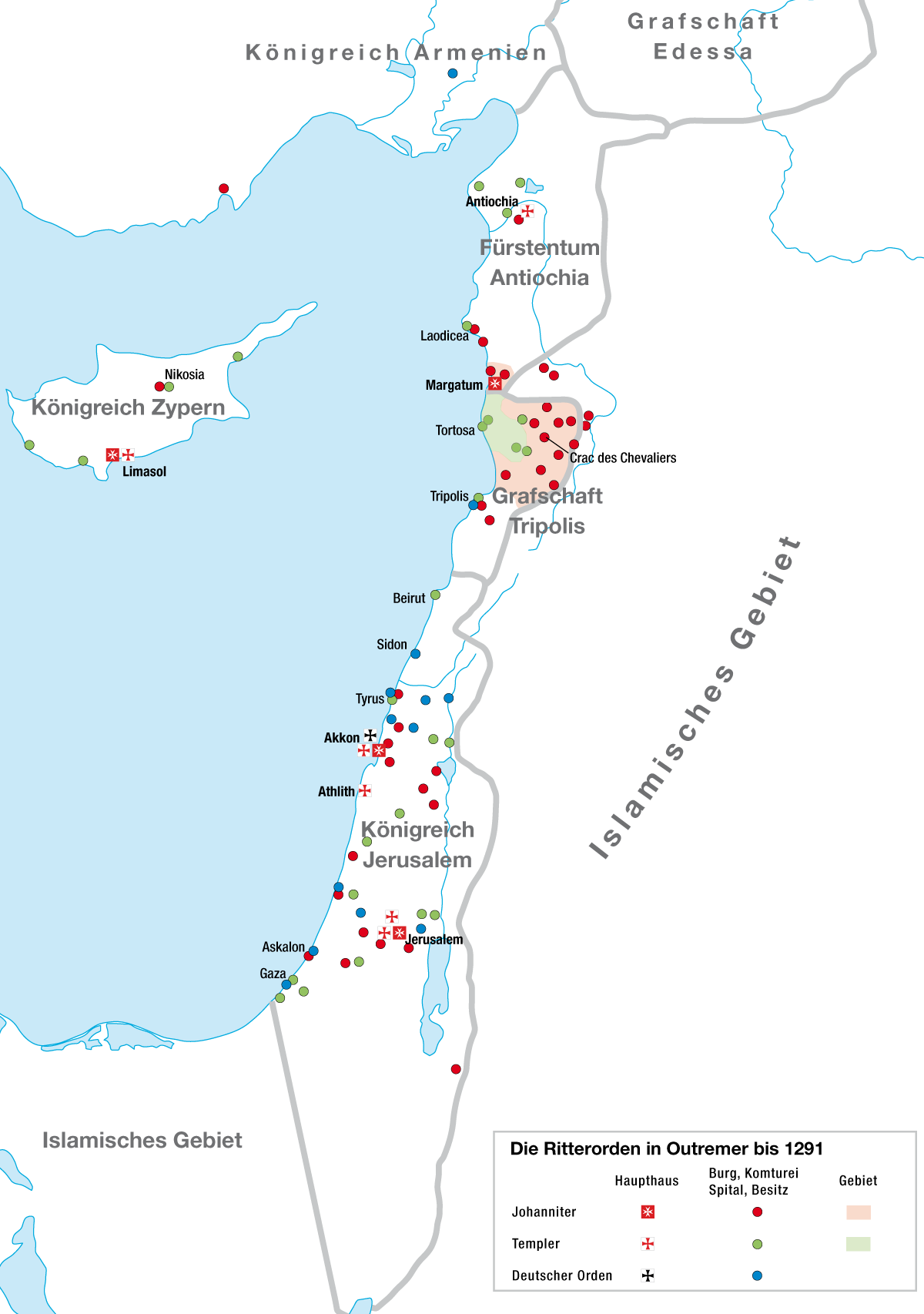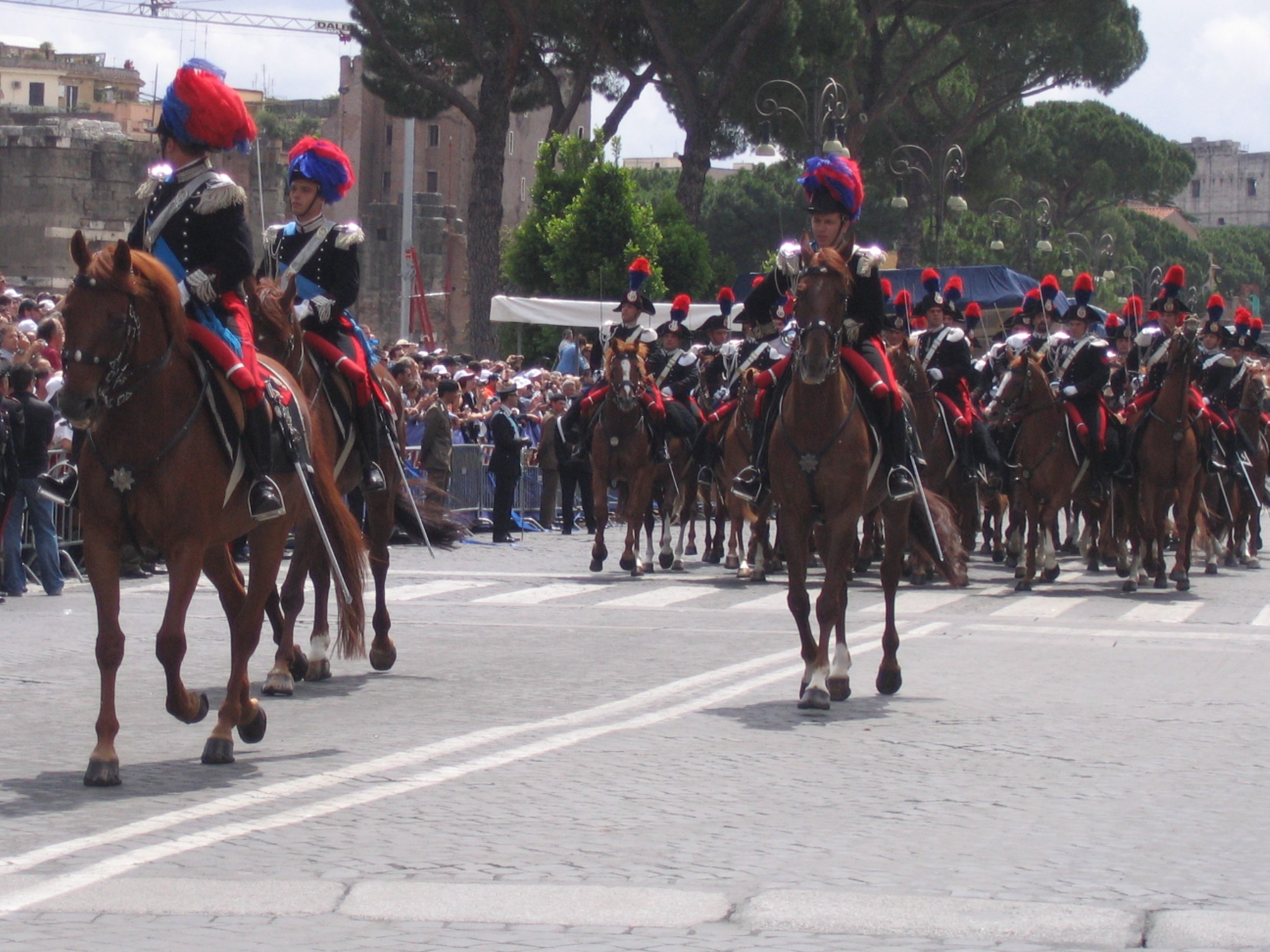|
Military Order (other)
Military order may refer to: Orders * Military order (religious society), confraternity of knights originally established as religious societies during the medieval Crusades for protection of Christianity and the Catholic Church Military organisation and terms * Military order (instruction), including an individual command by an armed forces officer to a person under his command ** General order, a published directive originated by a commander of a military organization ** Operations order, an executable plan that directs a unit on how to conduct a military operation ** Close order drill, a form of military parade for ceremonial purposes * Martial law, order and security maintained by the military when government or civilian authorities fail to function effectively * Military justice or military law, a body of laws and procedures governing members of the armed forces See also * Order (honour) An order is a visible honour awarded by a sovereign state, monarch, Dynasty, dyna ... [...More Info...] [...Related Items...] OR: [Wikipedia] [Google] [Baidu] |
Military Order (religious Society)
A military order ( la, militaris ordo) is a Christianity, Christian religious society of knights. The original military orders were the Knights Templar, the Knights Hospitaller, the Order of Santiago, Order of Saint James, the Order of Calatrava, and the Teutonic Knights. They arose in the Middle Ages in association with the Crusades, both in the Holy Land, the Baltics, and the Iberian peninsula; their members being dedicated to the protection of pilgrims and the defence of the Crusader states. They are the predecessors of chivalric orders. Most members of military orders were Laity, laymen who took religious vows, such as of poverty, chastity, and obedience, according to monastic ideals. The orders owned houses called commandry, commanderies all across Europe and had a hierarchical structure of leadership with the grand master (order), grand master at the top. The Knights Templar, the largest and most influential of the military orders, was suppressed in the early fourteenth c ... [...More Info...] [...Related Items...] OR: [Wikipedia] [Google] [Baidu] |
Military Order (instruction)
A military command or order is a binding instruction given by a senior rank to a junior rank in a military context. Not all senior ranks in all military have the right to give an order to all lower ranks.George Breckenridge Davis, ''A Treatise on the Military Law of the United States,'' 1913 1584776501 p385 "A staff officer has, except by assignment, no right to give a military order to an officer of the line ; if he should do so without stating that he did so in the name of a superior to the line officer, such order would be invalid." A general order is a published directive by an officer in a command post, which is binding on all ranks under his command, and intended to enforce a policy or procedure. US military In the US military an operations order is a plan format meant which is intended to assist subordinate units with the conduct of military operations. See also * Superior orders *Führerprinzip The (; German for 'leader principle') prescribed the fundamental bas ... [...More Info...] [...Related Items...] OR: [Wikipedia] [Google] [Baidu] |
General Order
A general order, in military and paramilitary organizations, is a published directive, originated by a commander and binding upon all personnel under his or her command. Its purpose is to enforce a policy or procedure unique to the unit's situation that is not otherwise addressed in applicable service regulations, military law, or public law. A general order has the force of law; it is an offense punishable by court martial or lesser military court to disobey one. What makes it a general order (as opposed to a direct order) is that the actor is not explicitly named, nor precisely what (or who) is to be acted upon. A general order of indefinite duration may be referred to as a standing order. Standing orders are necessarily general and vague since the exact circumstances for execution occur in the future, under unknown conditions. For example, in most military agencies, there is a standing order for enlisted men to salute officers. The officers are required to return the salute to ... [...More Info...] [...Related Items...] OR: [Wikipedia] [Google] [Baidu] |
Operations Order
Operation or Operations may refer to: Arts, entertainment and media * ''Operation'' (game), a battery-operated board game that challenges dexterity * Operation (music), a term used in musical set theory * ''Operations'' (magazine), Multi-Man Publishing's house organ for articles and discussion about its wargaming products * ''The Operation'' (film), a 1973 British television film * ''The Operation'' (1990), a crime, drama, TV movie starring Joe Penny, Lisa Hartman, and Jason Beghe * ''The Operation'' (1992–1998), a reality television series from TLC * The Operation M.D., formerly The Operation, a Canadian garage rock band * "Operation", a song by Relient K from '' The Creepy EP'', 2001 Business * Business operations, the harvesting of value from assets owned by a business * Manufacturing operations, operation of a facility * Operations management, an area of management concerned with designing and controlling the process of production Military and law enforcement ... [...More Info...] [...Related Items...] OR: [Wikipedia] [Google] [Baidu] |
Close Order Drill
A military parade is a formation of soldiers whose movement is restricted by close-order manoeuvering known as drilling or marching. The military parade is now almost entirely ceremonial, though soldiers from time immemorial up until the late 19th century fought in formation. Massed parades may also hold a role for propaganda purposes, being used to exhibit the apparent military strength of a country. History The terminology comes from the tradition of close order formation combat, in which soldiers were held in very strict formations as to maximise their combat effectiveness. Formation combat was used as an alternative to mêlée combat, and required strict discipline in the ranks and competent officers. As long as their formations could be maintained, regular troops could maintain a significant advantage over less organised opponents. Nevertheless, military parades are not to be confused with the military show of force. Although the firepower of breechloading rifles an ... [...More Info...] [...Related Items...] OR: [Wikipedia] [Google] [Baidu] |


